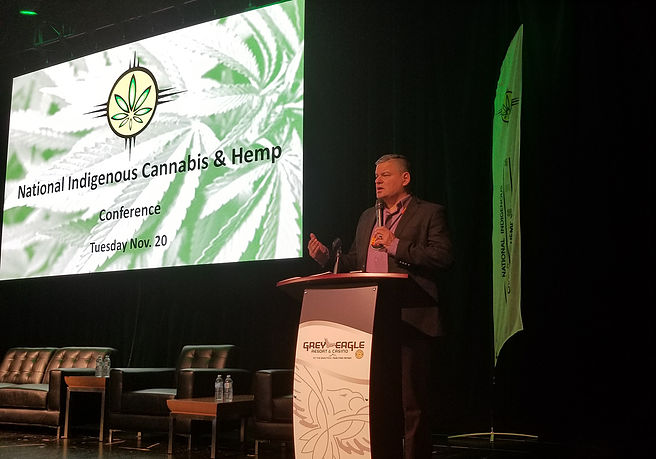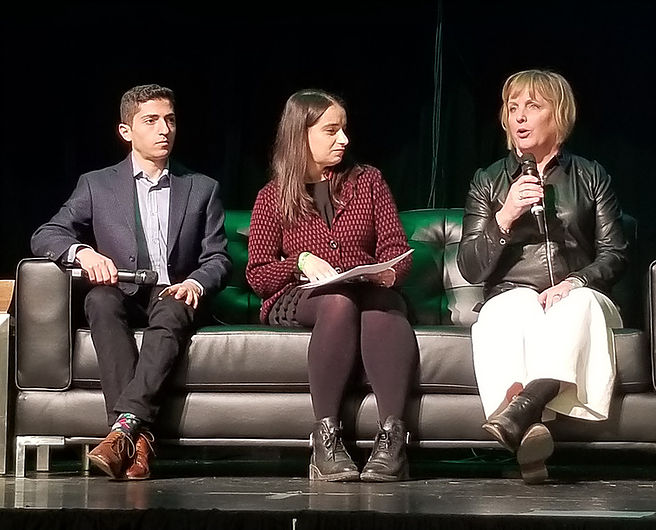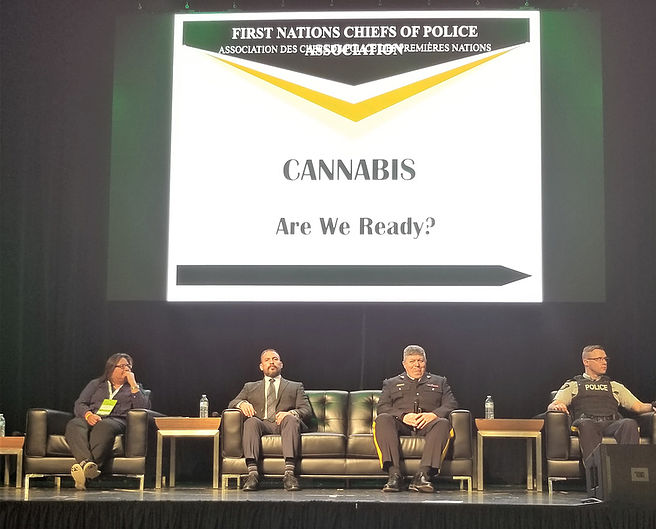Article by NICHE Canada
Cannabis legalization is being hotly debated in Indigenous communities across Canada.
From economic development, to social responsibility and sovereignty, the new industry has spurred many questions about the path forward for Indigenous groups.
While many see the opportunities and want to become fully involved in this new multi-billion dollar industry, they want to be drivers in investment and key players in the decision-making process.
Several Indigenous communities have already joined the industry to diversify their economy and provide new opportunities for their people.
The Madawaska Nation in New Brunswick has consent from provincial and federal authorities.
But others, like the Muscowpetung Nation in Saskatchewan, are defying the government by moving ahead with cannabis sales without provincial permission.
The Federation of Sovereign Indigenous Nations (FSIN) in Saskatchewan is disputing the province’s position on who has jurisdiction over a cannabis shop opened on the Muscowpetung Saulteaux Nation.
FSIN Vice Chief David Pratt said that, as per Treaty 4, Muscowpetung had every right to open their cannabis shop, regardless of who was granted permits by the provincial government.
“Our position has always been historically, and continues to be, that First Nation communities have jurisdiction over their lands and territories, plain and simple,” Pratt said.
Another issue that Indigenous communities are addressing is the stigma around cannabis as a gateway drug.
And, while it appears the stigmatism is slowly starting to dissipate at the chief and council level, communities continue to try and alleviate the issue through education and engagement.

Last month, the first-ever national Indigenous cannabis and hemp conference was held on the Tsuut’ina Nation in Alberta.
It was an opportunity to learn from Indigenous leaders and for attendees to gain a better understanding of the industry and how Indigenous communities can create economic diversification, promote harm reduction, drive revenues, and generate job opportunities.
“It is important that we are all fully informed as to how the legalization of cannabis will affect our communities, from health and safety, to economic benefits, to our treaty rights and sovereignty,” said Tsuut’ina Xájiki (Chief) Lee Crowchild.
The conference attracted approximately 500 participants and resulted in a common goal of working together to stake claim in the cannabis and hemp industry.
The speakers addressed questions related to issues such as sovereignty, land and treaty rights, self-governance, economic development, job training, and law enforcement.

The second National Indigenous Cannabis & Hemp Conference will be held on February 19-21, 2019, at the Westin Hotel in Ottawa.
It will feature leading Indigenous experts from the medical, legal, and business communities with proven experience in cannabis and hemp and will include two days of in-depth presentations and panels, followed by an optional day to visit local cultivation, medical and retail operations.
The social, economic and health benefits of cannabis will have an impact on Indigenous communities for generations to come.
And while the issue of jurisdiction has yet to be solved, and it’s only through debate, discourse and collaboration that we can ensure Canada creates a successful path forward.
(This article first appeared at NicheCanada.com.)



















